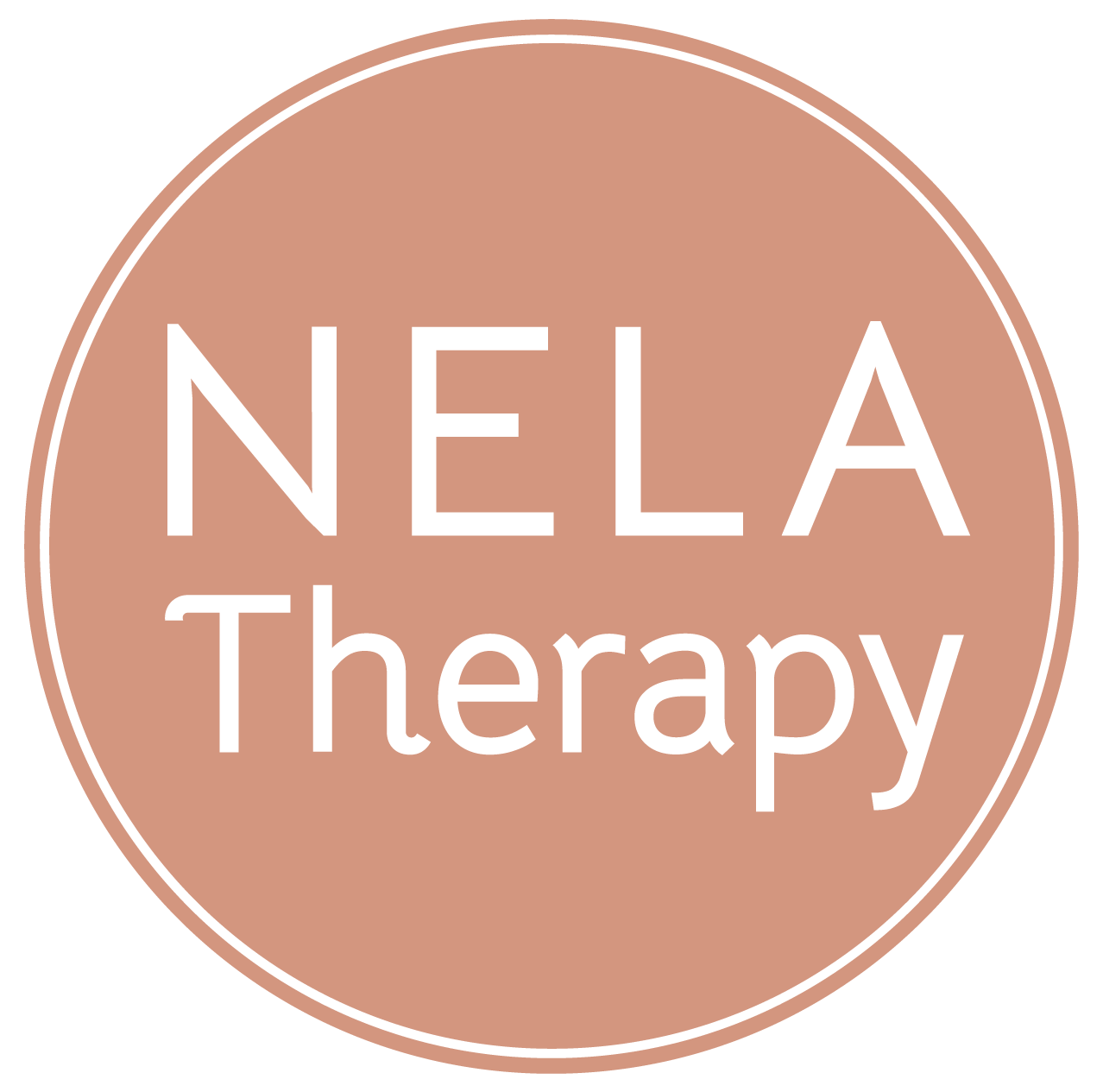
Emotionally Focused Therapy (EFT)
Emotionally Focused Therapy (EFT) is a research-based approach to couples therapy that aims to help partners improve their emotional connection and communication.
As Dr. Sue Johnson, founder of EFT, explains, "EFT is a humanistic, attachment-based approach that recognizes the importance of safe emotional connections between intimate partners" (Johnson, 2019).
EFT is rooted in the idea that strong emotional bonds are essential for healthy relationships. EFT has been shown to be a powerful tool for improving relationship functioning and reducing emotional distress for couples. The therapy helps couples to understand their emotional patterns and learn to communicate in a more open and supportive way, leading to stronger emotional bonds and greater relationship satisfaction using the following tools:
Build Trust: The EFT therapist's first priority is to create a warm and non-judgmental environment where both partners feel safe and comfortable. This establishes trust and encourages open communication.
Identify Patterns: The therapist pays attention to the recurring negative patterns that lead to conflict and emotional distance within the relationship. By recognizing these patterns, the couple can gain insight into their interactions.
Explore Emotions: EFT therapists help partners delve into their deeper emotions and vulnerabilities. They guide the couple in expressing and understanding their feelings, as well as recognizing how certain behaviors trigger emotional responses.
Strengthen Bond: The core of Emotionally Focused Therapy is to strengthen the emotional bond between partners. The therapist assists the couple in connecting on a more profound level, fostering a sense of security and emotional closeness.
Improve Communication: EFT therapists teach practical communication skills to enhance the couple's ability to express themselves effectively and listen to each other empathetically. This promotes healthier and more constructive conversations.
Offer New Perspectives: The therapist provides fresh insights into the couple's interactions and dynamics. This helps partners see each other's actions and intentions in a different light, leading to more understanding and compassion.
Practice Outside of Sessions: To solidify the changes made in therapy, the couple is encouraged to practice the newly acquired skills outside of the therapy sessions. This helps integrate positive changes into their daily lives.
Celebrate Progress: The therapist celebrates the couple's progress and achievements throughout the therapy process. Recognizing their efforts and successes reinforces positive changes and motivates them to continue growing together.
Finish and Follow-Up: Once the couple has achieved their therapy goals and feels more secure in their relationship, the therapist may conclude the formal sessions. However, they might offer follow-up sessions or check-ins as needed to support the couple's ongoing growth and relationship maintenance.
All of our therapists integrate EFT in their relationship sessions. You can learn more about our therapists here: Meet Our Team

